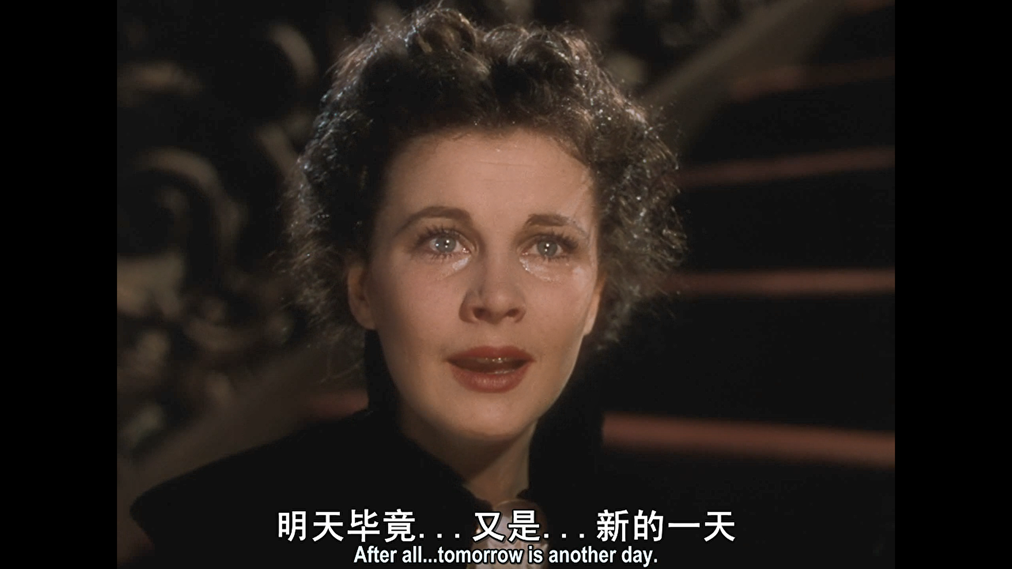MY 100-Day English -83

Before I published The Innovator’s Dilemma, I got a call from Andrew Grove, then the chairman of Intel. He had read one of my early papers about disruptive (破坏的;分裂性的) technology, and he asked if I could talk to his direct reports (直接下属) and explain my research and what it implied for Intel. Excited, I flew to Silicon Valley and showed up at the appointed time, only to have Grove say, “Look, stuff has happened. We have only 10 minutes for you. Tell us what your model of disruption means for Intel.” I said that I couldn’t—that I needed a full 30 minutes to explain the model, because only with it as context would any comments about Intel make sense. Ten minutes into my explanation, Grove interrupted: “Look, I’ve got your model. Just tell us what it means for Intel.”
I insisted that I needed 10 more minutes to describe how the process of disruption had worked its way through a very different industry, steel, so that he and his team could understand how disruption worked. I told the story of how Nucor and other steel minimills had begun by attacking the lowest end of the market—steel reinforcing bars, or rebar (钢筋)—and later moved up toward the high end, undercutting (击败) the traditional steel mills.
When I finished the minimill story, Grove said, “OK, I get it. What it means for Intel is…,” and then went on to articulate what would become the company’s strategy for going to the bottom of the market to launch the Celeron processor.
I’ve thought about that a million times since. If I had been suckered into (被迷惑住,陷入) telling Andy Grove what he should think about the microprocessor business, I’d have been killed. But instead of telling him what to think, I taught him how to think—and then he reached what I felt was the correct decision on his own.
That experience had a profound influence on me. When people ask what I think they should do, I rarely answer their question directly. Instead, I run the question aloud through one of my models. I’ll describe how the process in the model worked its way through an industry quite different from their own. And then, more often than not, they’ll say, “OK, I get it.” And they’ll answer their own question more insightfully than I could have.
See you tomorrow








